Brilliant and engagingly written, Why Nations Fail answers the question that has stumped the experts for centuries: Why are some nations rich and others poor, divided by wealth and poverty, health and sickness, food and famine? Is it culture, the weather, geography?
Perhaps ignorance of what the right policies are? Simply, no. None of these factors is either definitive or destiny. Otherwise, how to explain why Botswana has become one of the fastest growing countries in the world, while other African nations, such as Zimbabwe, the Congo, and Sierra Leone, are mired in poverty and violence?
Daron Acemoglu and James Robinson conclusively show that it is man-made political and economic institutions that underlie economic success (or lack of it). Korea, to take just one of their fascinating examples, is a remarkably homogeneous nation, yet the people of North Korea are among the poorest on earth while their brothers and sisters in South Korea are among the richest. The south forged a society that created incentives, rewarded innovation, and allowed everyone to participate in economic opportunities.
The economic success thus spurred was sustained because the government became accountable and responsive to citizens and the great mass of people. Sadly, the people of the north have endured decades of famine, political repression, and very different economic institutions—with no end in sight. The differences between the Koreas is due to the politics that created these completely different institutional trajectories.
Based on fifteen years of original research Acemoglu and Robinson marshall extraordinary historical evidence from the Roman Empire, the Mayan city-states, medieval Venice, the Soviet Union, Latin America, England, Europe, the United States, and Africa to build a new theory of political economy with great relevance for the big questions of today, including: - China has built an authoritarian growth machine.
Will it continue to grow at such high speed and overwhelm the West? - Are America’s best days behind it? Are we moving from a virtuous circle in which efforts by elites to aggrandize power are resisted to a vicious one that enriches and empowers a small minority? - What is the most effective way to help move billions of people from the rut of poverty to prosperity?
More philanthropy from the wealthy nations of the West? Or learning the hard-won lessons of Acemoglu and Robinson’s breakthrough ideas on the interplay between inclusive political and economic institutions? Why Nations Fail will change the way you look at—and understand—the world."















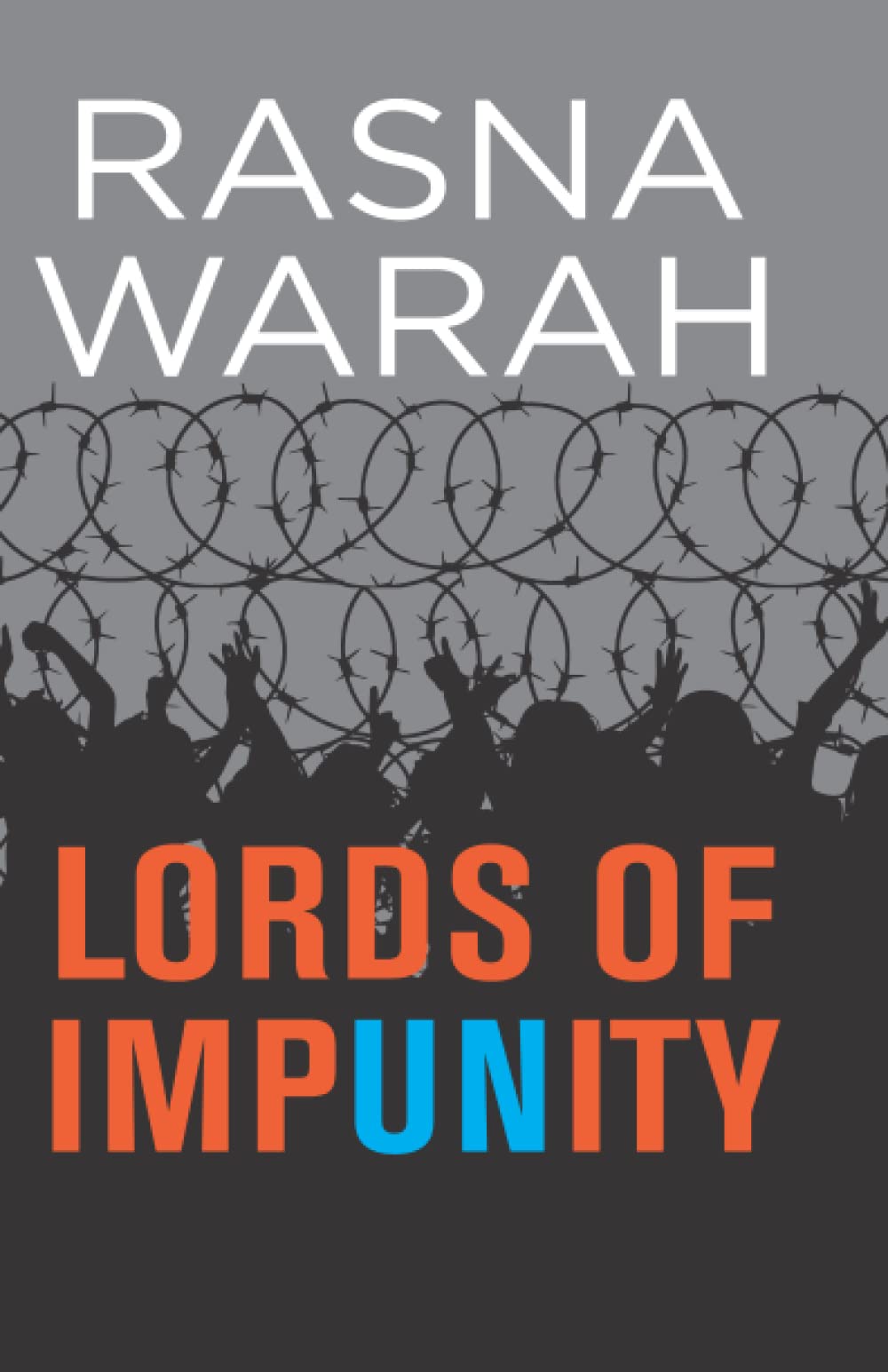

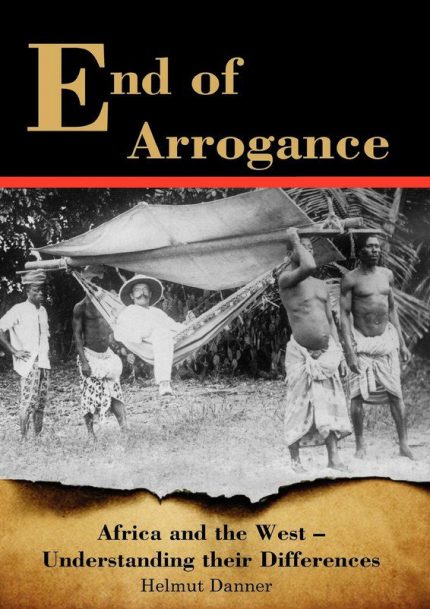










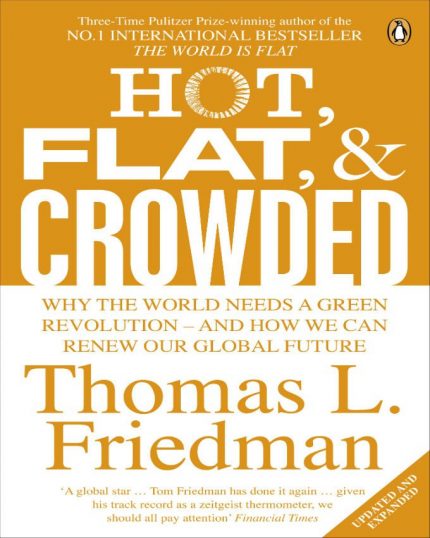







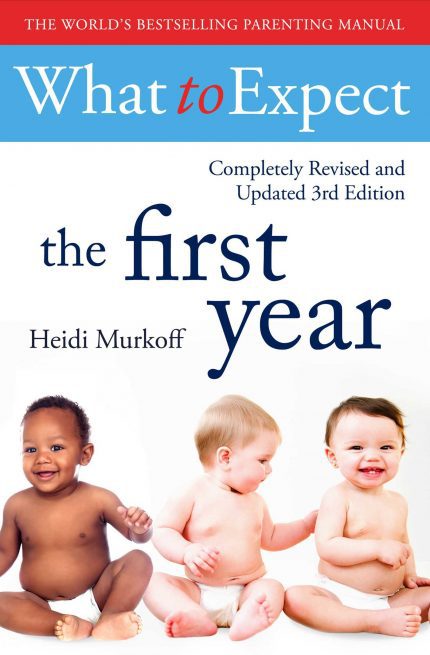

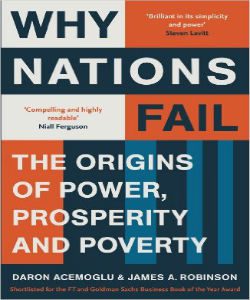


petermwaburi77 (verified owner) –
Eye opener into the intrigues and happening on how the World body runs.
nuria (verified owner) –
Deeply researched and convincingly told, Warah’s book is a damning indictment of the UN that shatters any notions that the organization is the moral conscience of the world, instead revealing an internal culture of fraud, corruption, mismanagement, racism and sexism, driven by an instinct of craven institutional self-preservation.
By Christine Mungai
Chief, the NuriaStore bookseller –
The book debunks the myth that the United Nations is a club of equals committed to preventing wars and protecting the rights of the world’s most vulnerable people. On the contrary, the five permanent veto-holding members of the UN Security Council, namely the United States, Britain, France, Russia and China, have extraordinary power and influence in the UN, and often overrule the will and votes of the majority of the UN member states.
The book is divided into four parts:
Part One shows how the UN is simply a mirror of the misogyny and racism we find in the rest of society. Not even the #MeToo and Black Lives Matter movements had an impact on how the UN deals with sexual harassment and racial discrimination, both of which are tolerated at the UN. Internal UN surveys have shown that up to a third of UN employees have experienced sexual harassment, and more than half of people of colour have experienced racism, yet few of the victims report their cases for fear of retaliation. Despite policies to prevent sexual harassment and discrimination, the UN has failed to curb these vices. On the contrary, whistleblowers are retaliated against; most lose their jobs or are demoted.
People benefitting from UN programmes and projects are particularly vulnerable to sexual abuse and exploitation. Despite a “zero tolerance” tolerance policy towards sexual harassment and abuse, investigations have shown that UN peacekeepers and UN employees delivering aid have been known to sexually abuse or exploit women and children in countries where they are stationed. Recent cases in Haiti and the Central African Republic illustrate how peacekeepers get away with sexually abusing children without fear of being prosecuted or court martialled. UN personnel implicated in such cases get away with these crimes because they enjoy immunity from prosecution bestowed on them by the UN Charter.
Part Two shows how development projects perpetuate racist and patriarchal models that end up hurting rather than helping beneficiaries. It seeks to “decolonise development” by questioning development models that essentially disempower people who are supposed to be “empowered” because development is viewed through the prism of poverty reduction rather than social justice. It also presents evidence showing that much of the aid that is raised for disaster relief often ends up being stolen or diverted by both UN personnel and so-called “implementing partners” on the ground.
Furthermore, fundraising for disaster relief is often based on erroneous or misleading statistics. Part Three shows how UN agencies that deliver aid often exaggerate the scale of a problem in order to remain relevant or to attract donor funding. Much of this funding and aid ends up in the wrong hands, as in the case of Somalia during the 2011 famine. Besides, in the case of famine relief, the problem never gets resolved because food aid can never be a substitute for good governance that delivers food security.
Part Four shows how UN bodies, including the UN Security Council and the UN Human Rights Council, operate on the whims of their most powerful and influential members, including the permanent veto-holding members of the Security Council who failed to stop the war in Iraq and the genocide in Rwanda and have not even censured Saudi Arabia for the murder of Saudi journalist Jamal Khashoggi. Even though the war in Iraq was declared “illegal”, Britain and the US were not sanctioned for waging it. In Rwanda, as génocidaires roamed freely in Kigali, UN staff were seen packing their suitcases and boarding chartered flights to safer countries. The UN only intervenes when these wars create humanitarian crises, which leads it to raise funds for the relief effort.